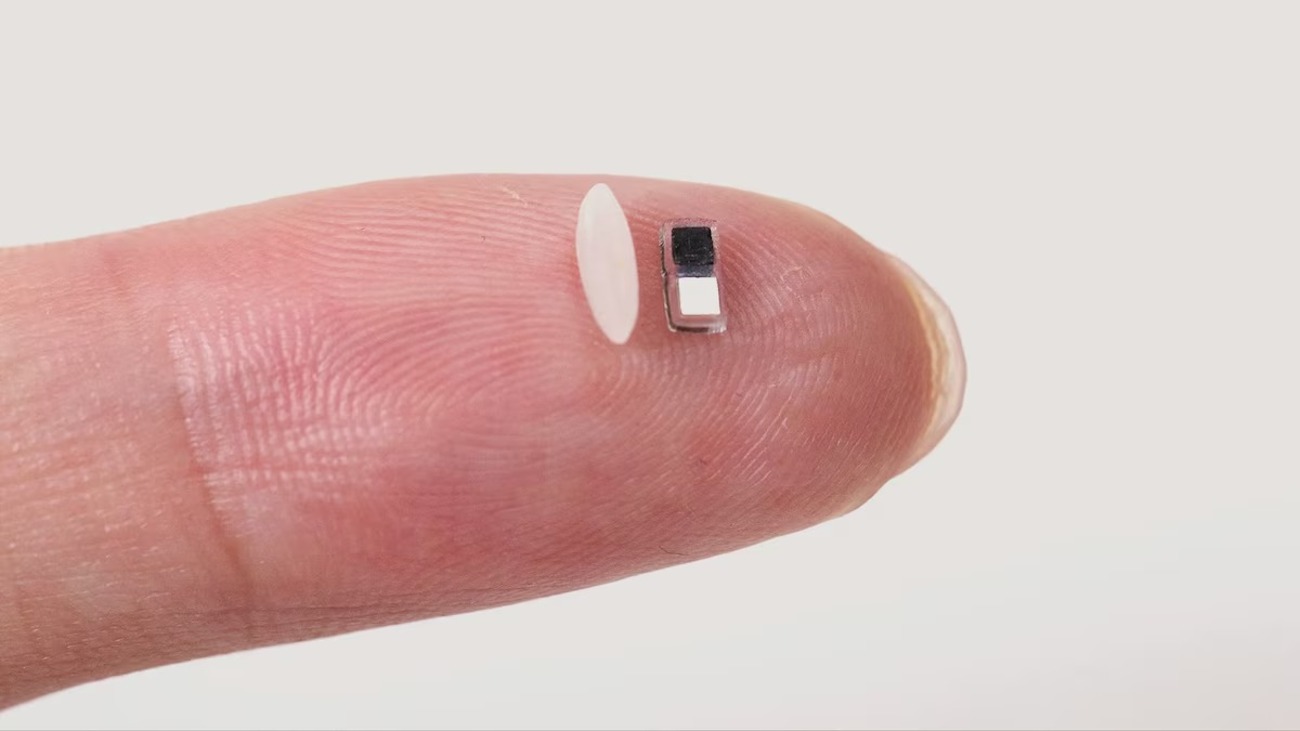
Advantages and Disadvantages of Being Twins
Talking about twins is now trending, and the question arises: Why, despite being identical, are there noticeable differences in health and personality?
Identical twins, or monozygotic twins, share the same genetic material, which explains their physical similarity. However, they show differences in behavior and personality due to several factors.

Factors Influencing Behavioral Differences
- Epigenetics: Although twins share the same DNA, epigenetic factors can influence gene expression, leading to differences in health and personality.
- Individual experiences: As they grow up, personal experiences and unique social interactions shape each twin's individuality.
- Environment and upbringing: Differences in parenting, friendships, and opportunities can mold distinct behaviors in identical twins.
Advantages of Being a Twin
- Strong emotional bond: Twins often develop a deep connection and mutual support from an early age.
- Constant companionship: Growing up with a sibling of the same age can ease social adaptation and provide a playmate and learning partner.
- Development of social skills: Constant interaction between twins can enhance skills such as empathy and cooperation.
Disadvantages of Being a Twin
- Constant comparisons: Twins may face comparisons that impact their self-esteem and sense of individuality.
- Struggle for individuality: Standing out as an individual can be challenging when perceived as part of a duo.
- Risks in pregnancy and upbringing: Multiple pregnancies carry higher risks, and raising twins can require more resources and attention.
While identical twins share a common genetic foundation, various environmental, epigenetic, and personal factors contribute to differences in their behavior and personality. Being a twin offers advantages, such as a strong emotional bond, but also presents challenges related to individuality and constant comparisons.











LEAVE A COMMENT: